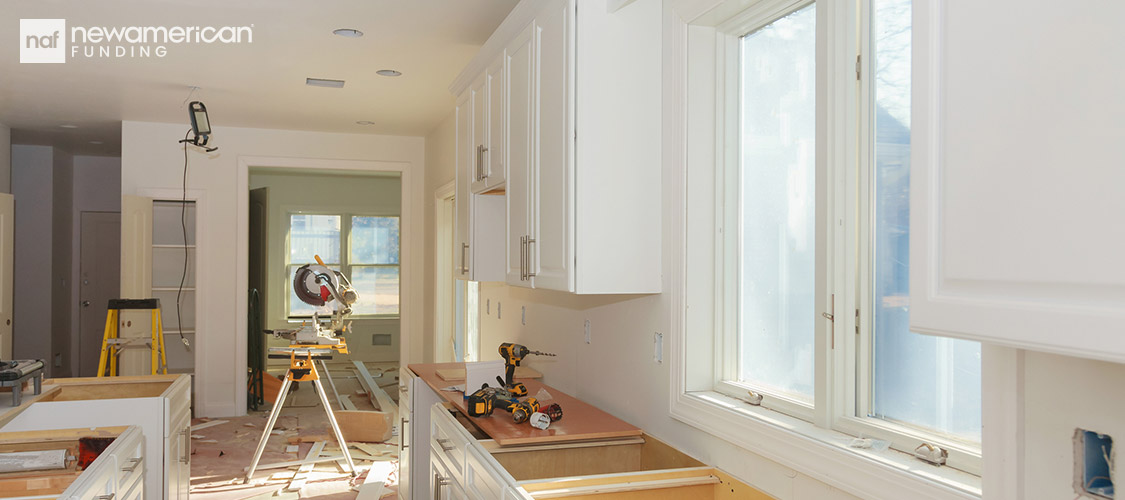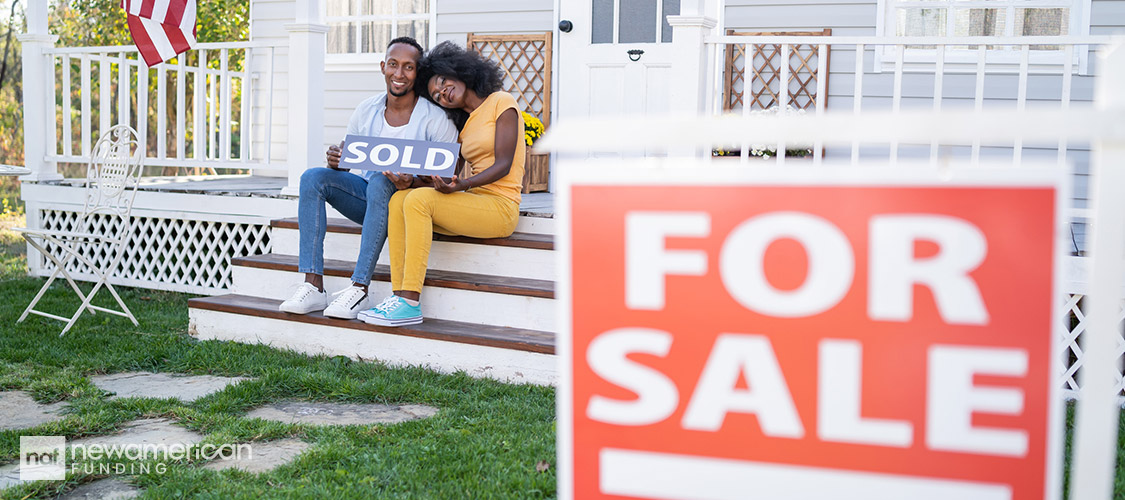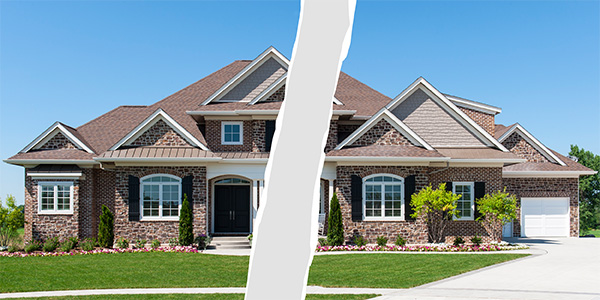Homeowners
Have a Low Rate Locked In? The Smart Way to Do a Second Mortgage
July 22, 2024
Have you ever felt the pinch of needing extra cash? You may be tempted to tap into your home equity. But if you have a super-low mortgage rate, you may not want to give it up with a cash-out refinance.
A second mortgage might be a solution.
These loans are often misunderstood. They are a creative way to use your home's equity while keeping your original low-interest loan.
Gretchen Tillman, a Loan Officer for New American Funding in Sheboygan, Wisconsin, talked to us about the benefits, risks, and smart ways to get and use a second mortgage.
"A second mortgage is a separate loan that lets you use the equity in your home to consolidate debts, fund home improvements, or make large purchases without touching your low-rate primary mortgage," said Tillman.
Why should you consider a second mortgage?

Many homeowners, like Tillman herself, have used a second mortgage to combine high-interest debts into one easy payment.
"With equity available and being stuck in the cycle of minimum credit card payments, we realized it wasn't getting us anywhere," said Tillman. "Instead of juggling four credit card payments, we had two mortgage payments. The interest is tax-deductible, and it significantly simplified our finances."
Tillman added that if interest rates go down, you can refinance and combine both mortgages into one amount. Or you can keep two separate loans.

In addition to using the loan to pay off high-interest debt, homeowners often take out a second mortgage to cover home renovations and repairs, send a child to college, or buy a car. Some even use the money to purchase land to build their dream homes on.
Second mortgages generally allow you to borrow up to 80% of your home's value, minus any existing mortgage balance. For example, if your home is valued at $200,000, 80% of that value is $160,000. After subtracting your existing mortgage balance of $100,000, you could access $60,000 through a second mortgage.
Understand the risks of a second mortgage

While a second mortgage may make sense for you, it's important to keep the risks in mind.
"If you plan to sell soon, you need to make sure the sale price covers both the first and second mortgages," said Tillman.
Additionally, if property values drop, you could owe more than the home is worth.
Tillman also says that some homeowners use a second mortgage to pay for a down payment on the next home without having to first sell their current home first.
But if you have more debt than income, it might make it harder for you to get the mortgage on the next home.
She recommends that homeowners consult their mortgage lenders and real estate agents to understand the benefits and downsides of a second mortgage.
This includes asking about how a second mortgage might affect your debt-to-income ratio (DTI) and if there are any fees or penalties for paying off the loan early.
"The key is to be proactive rather than reactive with your finances," said Tillman. "It's all about making your money work smarter for you."
Choosing the right type of second mortgage
There are different kinds of second mortgages that homeowners may want to consider.
A home equity line of credit (HELOC), works like a credit card. You can borrow money as you need it, up to a certain limit, and only pay interest on what you use.
As you repay the borrowed amount, the available credit is replenished, allowing you to borrow again if needed.
Typically, a HELOC has a draw period during which you can borrow money, followed by a repayment period during which you repay the balance
A home equity loan, on the other hand, gives you a lump sum of money all at once that you pay back in fixed monthly payments over time.
With a HELOC, you have flexible access to funds, while a home equity loan provides a set amount of money upfront.
"HELOCs are great for ongoing purchases or expenses," said Tillman. "But for those who prefer a fixed monthly payment, a home equity loan might be better. It really depends on your financial discipline and needs."
Gretchen Tillman NMLS # 137356






 Smart Moves Start Here.
Smart Moves Start Here.